Urs Egger
출생 : 1955-01-01, Bern, Switzerland

Director

Director
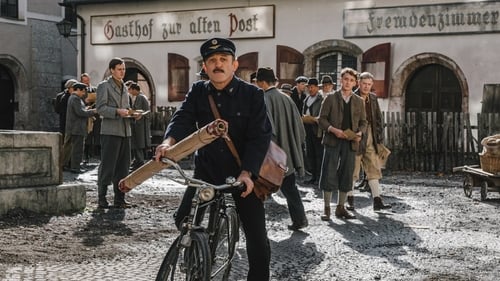
Director
Tyrol, 1932: The world economic crisis is at its peak, radical political movements emerge. In a small Austrian community, the engine driver Michael Unterguggenberger accepts the mayor's office against better knowledge. But how is he supposed to save Wörgl? The power of despair and the support of his wife Rosa form the breeding ground for a daring experiment: Unterguggenberger wants to print his own money without further ado - so-called work confirmation notes. For this he not only has to convince the community of his city, but above all to rebel against the mighty banking.

Art Direction
Tyrol, 1932: The world economic crisis is at its peak, radical political movements emerge. In a small Austrian community, the engine driver Michael Unterguggenberger accepts the mayor's office against better knowledge. But how is he supposed to save Wörgl? The power of despair and the support of his wife Rosa form the breeding ground for a daring experiment: Unterguggenberger wants to print his own money without further ado - so-called work confirmation notes. For this he not only has to convince the community of his city, but above all to rebel against the mighty banking.

Director
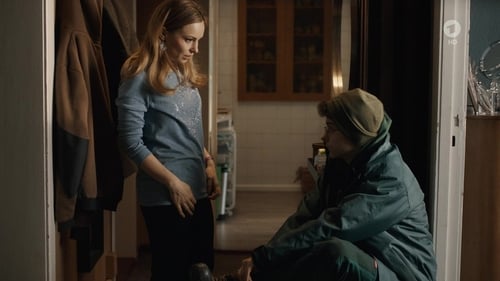
Director
Katharina and her son Stefan (16) live in a small town where everybody knows everybody. Stefan has been born with severe asthma. Katharina has ceased to count the nights that she has spent at his bed listening with fear, his breath. Their care and care have accompanied the child's growing up. Very deeply in Katharina is a doubt whether she really loves her child. Stefan's burgeoning sexuality finds its way in a disturbing way. He scares women during nightly journeys through the city, escorts prostitutes in front of a brothel, and watches couples in sex. When a young woman is found dead, the suspicion grows in Katharina that Stefan can be the culprit. He winds more and more out of Katharina's clasp and is increasingly aggressively seeking his own space. When a second woman is found murdered, Catherine's suspicion becomes evident. The relationship between mother and son implies a tragedy.
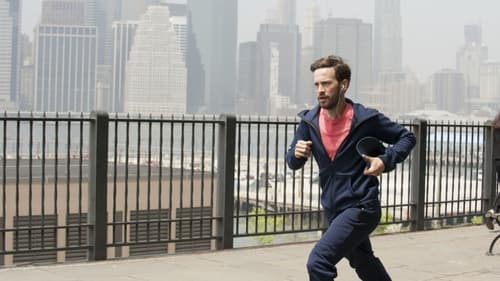
Director

Director
Diagnosis burnout: The successful career woman Toni Lehmstedt can be referred to a psychiatric clinic after a physical breakdown. Urs Egger's free adaptation of the biographical novel of the same name by Miriam Meckel with Grimme award winner Marie Bäumer in the leading role.

Director

Director
Katharina Bruckner, 50, has to deal with many serious cases in the youth welfare office. Even at home she is under stress: Her husband, a surgeon, she sees arm in arm with a younger. And her daughter, who has to go to Marrakech for work, quickly incurs her grandson. In this situation, school psychologist Schubert asks her for help: The city-renowned architect Bremer has appeared with him with her seven-year-old son because of its over-activity in school. The boy looks scared, claims that the Bremer is not his mother, suddenly seems to have disappeared.

Director
A drama directed by Urs Egger.

Director
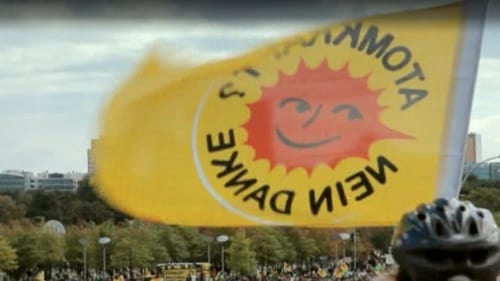
Director
Nuclear security expert Katja Wernecke (Ulrike Folkerts) helps cover up a fire in the German nuclear reactor she works in, before the government takes a decision on extending the usage license for it. But the press uncovers it. PR man Steffen Stratmann (Matthias Koerbelin) is brought in to improve the companies image - but before he can implement his plan a nuclear meltdown occurs. 2m people have to be evacuated. Wernecke re-enters the hot zone to investigate the cause...
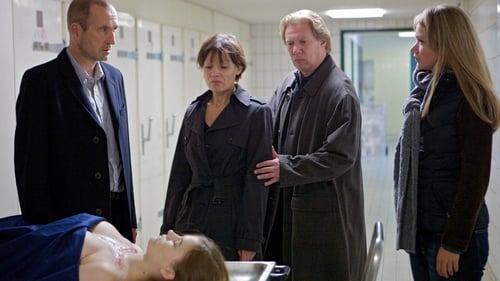
Director
A dead girl at the Elbe beach gives riddle to Chief Commissioner Jan Fabel. However, it does not stop at this one murder. Alluding to the literary models of Sleeping Beauty and Cinderella, a bloody trail soon runs through Hamburg. In his new novel, writer Gerhard Weiss argues that the bloody fairy tales of the Brothers Grimm were based on authentic models. Is the Hamburg fairy tale murderer inspired by Weiss's novel?

Director

Director
A young Swedish freelance investigative journalist dies under mysterious circumstances in South Africa, and his mother sets off in a relentless pursuit of the truth behind his death.

Director
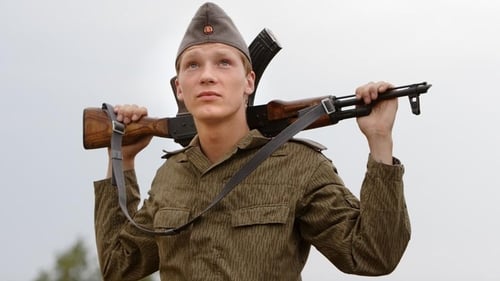
Director
19-year-old NVA soldier, Alex Karow, is sent to the West German-East German border in May 1974, shortly after Willy Brandt's resignation and during the World Cup. The army is dominated by brutal rituals, tolerated or used by the officers. Alex understands that the ideals of balance, democracy and human dignity are propaganda. The question of what happens when the other appears in the sights of the Kalashnikov occupies the soldiers day and night, interrupted almost exclusively by the games of the World Cup with the historic encounter between the GDR and the FRG. Alex draws strength from his love for Christine, a confident tractor driver who lives in the neighbouring village. Christine encourages him not to do what his father expects, but to follow his dream of becoming a photographer. But when her brother sends Alex's photo from the border fortifications to the West, everything gets out of control...
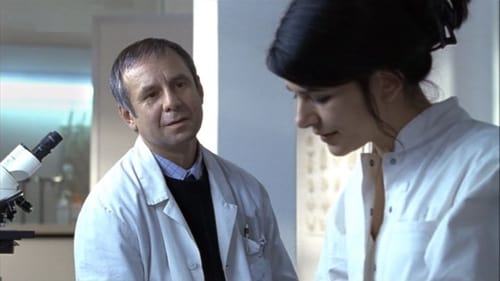
Director
A crime comedy directed by Urs Egger.

Director

Director

Director
Stefan Lindman is a police officer in Boros, Sweden. When his mentor and retired former partner Herbert Molin is brutally murdered in the remote town of Sveg, Lindman travels north to investigate. The more Lindman digs into the mysterious killing, the less he is sure to have known the man he feels so much indebted to...

Director

Director

Director
The Vienna State Opera on Thursday before the Carnival. As every year the large ball rather is attended by celebrities from politics and the media. Just the arrival of newcomers is finished and the Polonaise faded as it is in the best tradition: "Alles Walzer". transferred with 20 cameras live throughout the world. Television journalist Fraser (Heiner Lauterbach) views the event from the control room, outside in the hall leads his son has one of the cameras. Suddenly all hell breaks loose: poison gas flows from hidden containers, hundreds of guests die in agony, millions of horrified spectators experience it on the TV screen...

Director

Director

Director

Producer
In 1939, after barely escaping the Nazis, a Gypsy family returns to Switzerland only to be torn apart by racial persecution in the benign guise of children's welfare. This fictionalized story of Jana, an eight-year-old Gypsy girl snatched from her parents and consigned to a life of orphanages and bleak foster homes, is based on a little-known chapter of Swiss history: From 1926 to 1972, the state-supported Pro Juventute, a children's aid foundation, forcibly removed some 700 Gypsy children from their families, in order to sever the ties with their culture and assimilate them to a "better way of life." The underlying aim was to preempt a new generation's caravans from following their nomadic traditions along Switzerland's country lanes.

Director
In 1939, after barely escaping the Nazis, a Gypsy family returns to Switzerland only to be torn apart by racial persecution in the benign guise of children's welfare. This fictionalized story of Jana, an eight-year-old Gypsy girl snatched from her parents and consigned to a life of orphanages and bleak foster homes, is based on a little-known chapter of Swiss history: From 1926 to 1972, the state-supported Pro Juventute, a children's aid foundation, forcibly removed some 700 Gypsy children from their families, in order to sever the ties with their culture and assimilate them to a "better way of life." The underlying aim was to preempt a new generation's caravans from following their nomadic traditions along Switzerland's country lanes.

Director

A day in the life of a young student in Munich - in the big city. In search of contacts and communication, she wanders through the city: Through its streets, squares and bars.












